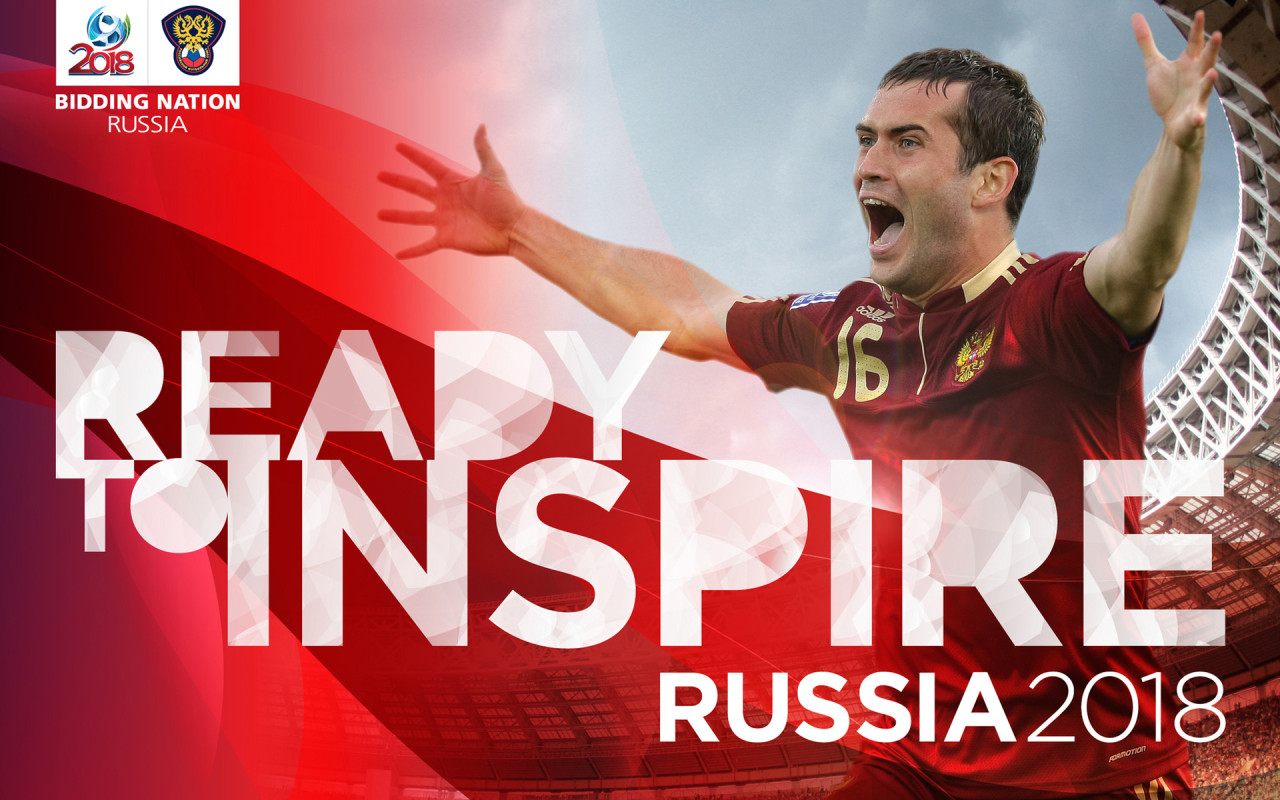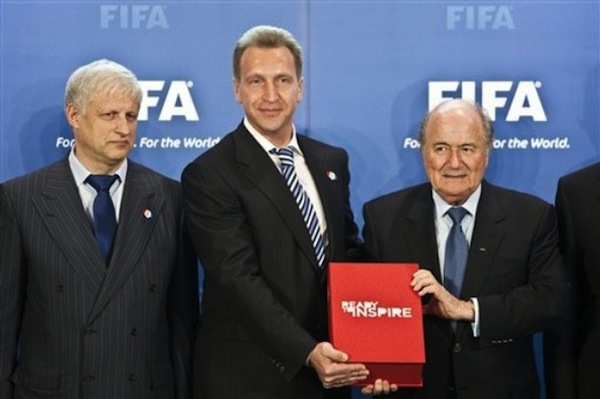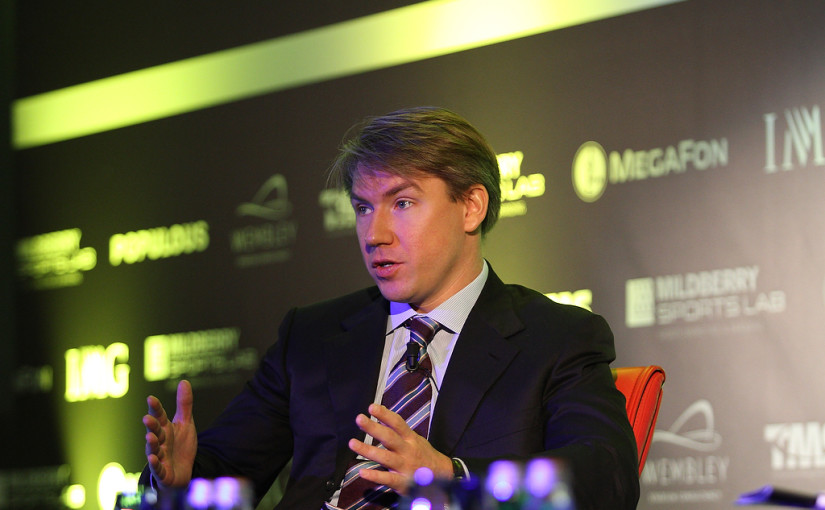By Andrew Warshaw
November 2 – Alexey Sorokin could be forgiven for taking the rest of the year off, putting his feet up and patting himself on the back for a job well done.
But having secured the 2018 World Cup, Sorokin, the public face of Russia’s bid, has an even tougher task on his hands – making sure, as chief executive of the Local Organising Committee, that the country can live up to its promise to put on a tournament to be proud of as well as creating a lasting legacy.
It is a tough ask and Sorokin will be outlining the tasks and challenges ahead – as well as revealing some of the intricacies of the bid process – when he addresses the International Football Arena (IFA).
“We still have to speak to the football family once in a while and it’s exactly the right platform for us to tell the world what’s going on,” says Sorokin.
“Plus there is a sentimental aspect because we spoke at the IFA a year ago.”
A year ago, of course, he was still wondering nervously whether Russia would end up mustering enough support to get over the line and become the first eastern European nation to host the tournament.
It seems an eternity since then.

“It’s true we are very much in different mode now,” says Sorokin.
“There’s more tranquility and stability than before.
“We’ll be telling the IFA a little bit about where we are both in terms of reality and aspirations.”
Where are the Russians, I wondered, in terms of the number of stadiums?
“It’s not 100 per cent decided but right now we are looking at 12,” says Sorokin.
“We should know for sure in September next year.”
That’s a year earlier than originally planned but there’s a lot of work to be done.
Host cities are likely to be spread out, like Brazil 2014, over a far larger area than normal.
Transport networks in Moscow, particularly its surrounding highways, which are frequently heavily congested, need improvements completed before they are fit to host the World Cup.
Sorokin is still spending much of his time on planes but, thankfully, the distances are shorter and restricted to Russia.
“It used to be mostly towards the west but now it’s in both directions.
“Much of the flying is about meeting with the various Local Organising Committees.
“Luckily we are no longer in a stand-off against anyone else.”
He says he enjoyed all those hotel corridors, the lobbying and the dinners, the lack of sleep.
“Bidding is something I’ve been in for many years and I wouldn’t have gone back to it if I didn’t enjoy it,” he says.
“There’s a sense of adrenaline in terms of the end result, a bit like sport itself.
“On the track, if you like, with several other athletes.”

Russia will have to construct most of the new stadia from scratch, with just two of those proposed existing already – the Luzhniki, which hosted the 1980 Summer Olympic Games, and the stadium that is home to Dynamo Moscow.
There is a mountain of other infrastructural work to be done but Sorokin has never under-estimated the challenges.
“We were always honest,” says Sorokin, who went on to provide some unique insight into those pivotal weeks leading up to the decision by FIFA on December 2.
“Sometimes the overall atmosphere of the bid was quite tense with people looking over their shoulders, cautious not to make an improper move.
“The overall environment wasn’t exactly what you would call relaxed.
“But that wasn’t anyone’s fault.
“It was just the composition of one’s competitors.”
I asked Sorokin whether he thought Russia would still have won the bid if the vote had been taken by FIFA’s entire 206-nation membership rather than by the Executive Committee, a change that has already been announced by Sepp Blatter for future hosting ballots.
“It would certainly have meant a lot more work but I still think we would have succeeded in proving that we had a very sound bid. In most cases, voting exco members are presidents of their confederations, or very high up.
“That pretty much means it [the result] was the overall feeling of the confederations themselves.”
IFA Zurich 2011 takes place on November 7 and 8 at the Dolder Grand Hotel, Zurich.
Contact the writer of this story at zib.l1745175788labto1745175788ofdlr1745175788owedi1745175788sni@w1745175788ahsra1745175788w.wer1745175788dna1745175788

